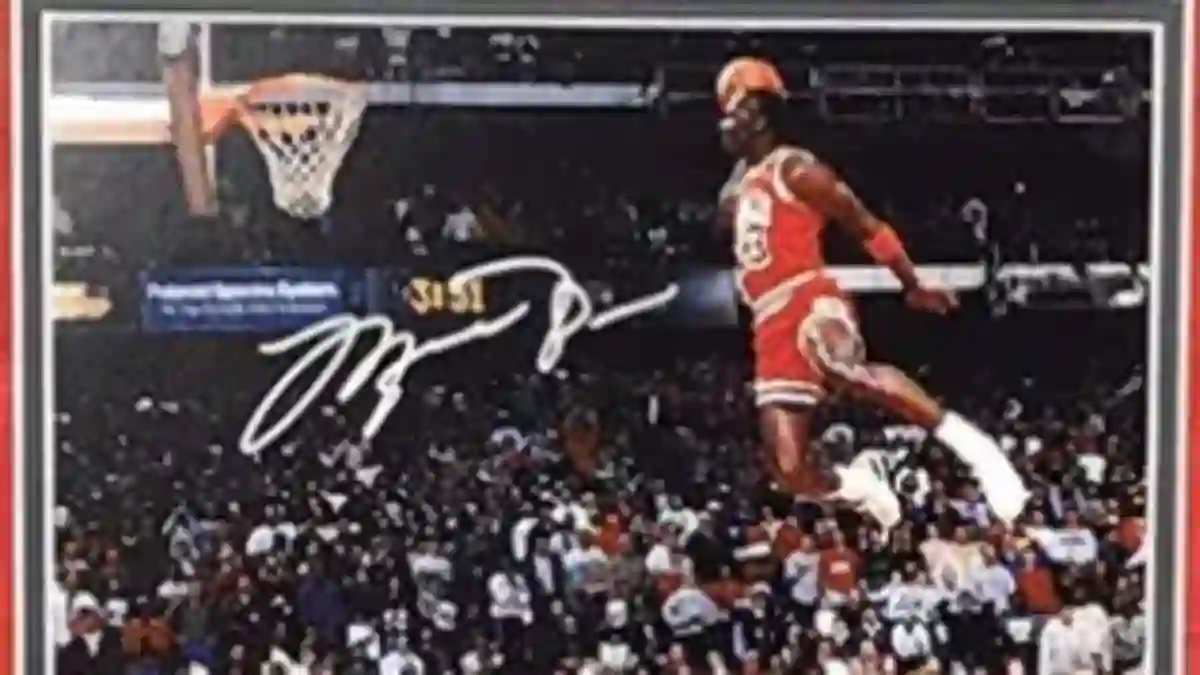In what’s turning into one of the most disturbing scandals to hit the sports memorabilia industry, a well-known figure at the center of a massive counterfeit operation has died just as law enforcement was closing in.
What started as a Facebook confession quickly spiraled into a tragic and deeply unsettling series of events.
Confession Post Sparks Outrage and Confusion
It all began with a now-deleted Facebook post.
The account—bearing the name of Brett Lemieux, a 45-year-old Indiana resident and founder of the sports memorabilia company MisterManCave—published a startling message in the private group Autographs 101.
The post claimed that the company had sold more than 4 million counterfeit sports memorabilia items, bringing in a staggering $350 million over the years.
The message, over 1,000 words long, read like a confession and a final warning.
It referenced a major police raid that had taken place that morning, even suggesting that “semi trucks” were involved in hauling away evidence.
“I want to expose it all,” the post said. “Grasp how big it was.”
Suicide Confirmed Just Hours After Online Confession
Only a few hours after the Facebook bombshell dropped, authorities confirmed the devastating news: Lemieux had died by suicide, reportedly from a self-inflicted gunshot wound.
The discovery was made by police while conducting a follow-up search at a second property in Westfield, Indiana, on Wednesday.
According to reports, the FBI and Westfield Police were actively investigating Lemieux at the time.
Fanatics—a well-known name in the memorabilia world—had earlier tipped them off after conducting “test buys” from his marketplace accounts and noticing signs of forgery.
Fake Signatures, Holograms, and a Two-Decade Scheme
The Facebook post didn’t just admit to selling fake items—it detailed how the operation worked.
Lemieux allegedly used an autopen machine to forge athlete signatures, while real athlete signing events were staged to create a facade of authenticity.
Some of the biggest names in sports—Tom Brady, Patrick Mahomes, and Aaron Judge—were named as victims of the scam.
It was also claimed that after Kobe Bryant’s tragic death in 2020, the operation pumped 80,000 fake memorabilia items into the market, taking advantage of increased demand.
Lemieux also allegedly forged authentication stickers and holograms from big brands like Panini and Fanatics, further adding to the illusion that the items were genuine.
Law Enforcement Had Been Closing In
This week’s events were part of an ongoing investigation that had gained serious momentum.
On Tuesday, police served a search warrant at one property linked to Lemieux.
The following day, while executing a second warrant at another location, they discovered his body.
The authorities had been building a case thanks in part to test purchases made by Fanatics, which helped expose the elaborate counterfeiting ring.
Not Lemieux’s First Legal Trouble
This wasn’t the first time Lemieux had been under scrutiny.
Back in 2013, he was ordered by the Indiana attorney general to pay restitution to customers who had purchased items from his businesses—but never received them.
That case alone hinted at a long history of unethical practices.
Social Media Accounts Scrubbed
Since his death, all of Lemieux’s social media accounts have been taken offline, including the post that launched this story into the public eye.
But the damage may already be done. Thousands—perhaps millions—of sports fans and collectors may unknowingly own fake memorabilia, and many are now left questioning the authenticity of their prized items.
The Investigation Continues
Although Lemieux is no longer alive, the investigation is far from over.
Authorities are expected to comb through the seized evidence in the coming weeks, and there may be more individuals involved in the operation.
For now, though, the sports memorabilia world is reeling from both the alleged scale of the fraud and the tragic ending to the man behind it.
